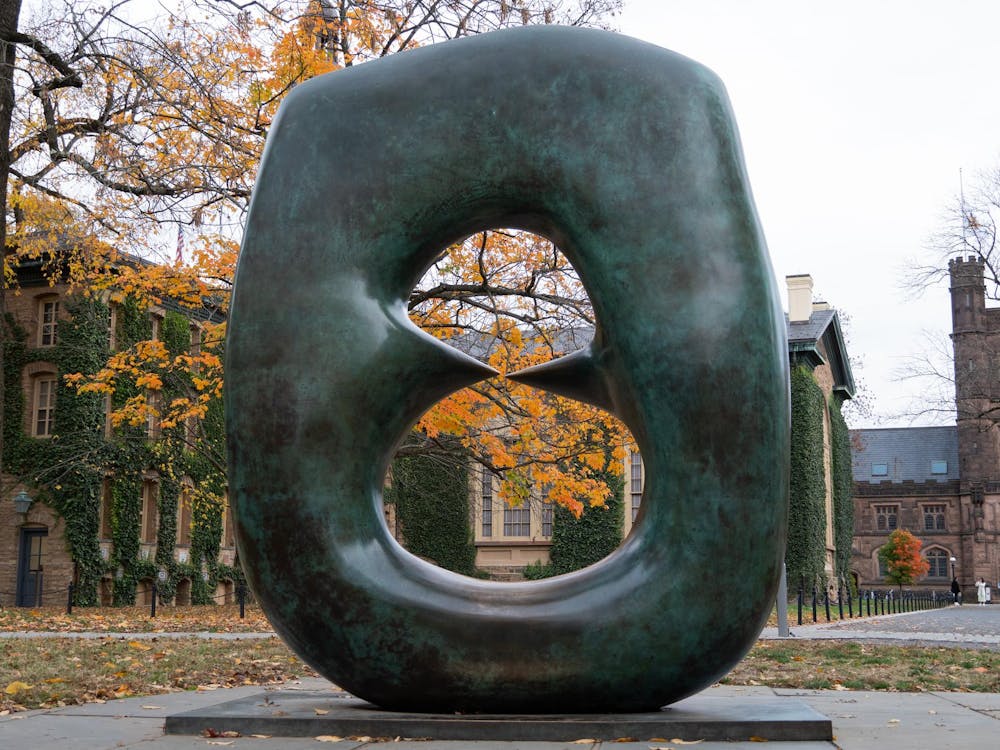Several students have complained about the career fairs hosted by Career Services, saying the fairs place an undue emphasis on computer science and finance.
Nicholas Porto ’15, an electrical engineering concentrator, said the internship fairs are very skewed toward computer science, while the career fairs in general, despite the occasional outlier, are more focused on finance and consulting.
Adam Klosowiak ’15, also an electrical engineering concentrator, said sometimes, even when the career fairs are targeted toward the humanities, recruiters still look for people with knowledge of computer software.
Career Services Executive Director Pulin Sanghvi explained that a lot of financial organizations have large budgets set aside for recruitment events, whereas for other companies, going to a recruiting fair could take a major chunk out of their budget.
49 out of 77 companies registered for February's "Summer Internship Career Fair" were in the financial or computer science industries, according to a Daily Princetonian review of the list of registered employers. By contrast, 5 out of 71 companies registered for the "Nonprofit Career Fair," which was held the same day, were in the financial or computer science industries.
The distribution of companies at the career fairs could just be a reflection of the general job market today, Porto said.
“There's not a whole lot of internships out there that aren't computer science, so I think the market itself is sort of pushing people to go into computer science,” he said. “If you're an English major, getting a job in something related to English is more difficult than going into the consulting or finance world because those jobs are rare.”
Porto said the University could host a career fair that was specifically non-finance and non-computer science, explaining that it would be helpful to students from other majors. He noted that although it would be more difficult to get companies from other fields, he would like to see more of them in the future.
“I think Career Services mostly gets the companies that are easy to get, and those are the computer science and finance companies,” Porto said. “If they really made a concerted effort toward getting some companies in other fields, then it would go a long way.”
Sanghvi said he was looking to expand the University’s outreach.
“If I think about where my targets are to do major outreach, it’s around the social sector, like nonprofit organizations. It’s around creative careers, careers in the creative arts; it’s around small and midsize companies,” he said.
The University could address the undue emphasis its organizations currently place on technical backgrounds by taking advantage of its platform as an institution that also places great importance on the liberal arts, Sanghvi added.

“I have been a strong advocate that a liberal arts background is such a wonderful background in a wide range of industries,” he said.
He also explained that he assigns importance to the role of alumni in reaching out to these organizations, saying that his office may have a better connection with alumni in a given organization than the organization itself does.
“A big part of our outreach strategy is finding alumni advocates within these organizations,” Sanghvi said. “We may ask them to come to these fairs even if they’re not necessarily hiring, at the moment.” He added that what might happen then could be completely unexpected, as the alumni advocates might end up really liking certain students and creating new positions for them as a result.
Sanghvi added he wanted to hear students’ thoughts on the career fairs to make them even better.
“When it comes to the format of the career fair and about the selection of companies, there is nothing that is more valuable to me than feedback,” he said. “I want to hear as much feedback as possible.”
Staff Writer Corinne Lowe contributed reporting








